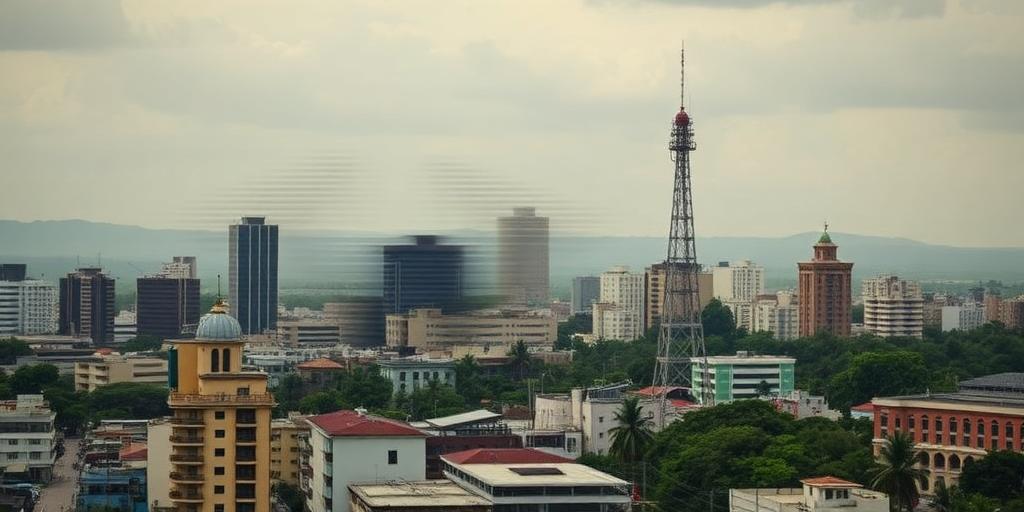Access Denied: How Cuba Manages and Restricts its Internet
Cuba's internet landscape is unique and complex, characterized by a blend of state control, limited infrastructure, and evolving access policies. Understanding how the Cuban government manages and restricts internet access is crucial for anyone interested in global digital rights, internet freedom, and the socio-political dynamics of the island nation.
Historical Context
For decades, Cuba had one of the lowest internet penetration rates in the world. The United States' embargo, coupled with the Cuban government's concerns about information control, contributed to the slow development of internet infrastructure. Until the mid-2010s, internet access was primarily limited to tourist hotels, government institutions, and select professionals.
Current State of Internet Access
In recent years, there have been significant, albeit gradual, changes. The introduction of public Wi-Fi hotspots in parks and plazas marked a turning point. These hotspots, managed by the state-owned telecommunications company ETECSA, allowed Cubans to access the internet more readily, albeit at a cost. Mobile internet, launched in 2018, further expanded access, enabling users to connect via their smartphones.
Methods of Control and Restriction
Despite increased availability, the Cuban government maintains tight control over the internet through several key mechanisms:
- Censorship: The government blocks access to websites and content deemed critical of the regime or contrary to its interests. This includes news outlets, blogs, and social media platforms.
- Surveillance: Internet traffic is monitored, and users can be subject to surveillance. This discourages dissent and online activism.
- High Costs: The cost of internet access remains high relative to average Cuban salaries, limiting access for many citizens.
- Limited Bandwidth: Cuba's internet infrastructure is limited, resulting in slow speeds and unreliable connections. This can frustrate users and hinder online activities.
- State Monopoly: ETECSA controls the vast majority of internet services, giving the government significant control over access and content.
Impact on Society
The restricted internet environment has several significant impacts on Cuban society:
- Limited Access to Information: Cubans have limited access to diverse perspectives and independent news sources, hindering informed decision-making.
- Restricted Freedom of Expression: Online censorship and surveillance stifle freedom of expression and limit opportunities for public debate.
- Challenges for Economic Development: Limited internet access hinders economic development by restricting access to online markets, educational resources, and global networks.
- Digital Divide: The high cost of internet access exacerbates existing inequalities, creating a digital divide between those who can afford to connect and those who cannot.
The Future of Internet Access in Cuba
The future of internet access in Cuba remains uncertain. While there have been improvements in recent years, significant challenges remain. The government's approach to internet control will likely continue to evolve, influenced by factors such as internal political dynamics, international pressure, and technological advancements. Monitoring these developments is essential for understanding the broader context of human rights and digital freedom in Cuba.
Conclusion
Cuba's management and restriction of internet access reflect a complex interplay of political, economic, and social factors. While internet availability has increased, significant limitations remain, impacting freedom of expression, access to information, and economic development. Understanding these dynamics is crucial for advocating for greater digital freedom and human rights in Cuba.









